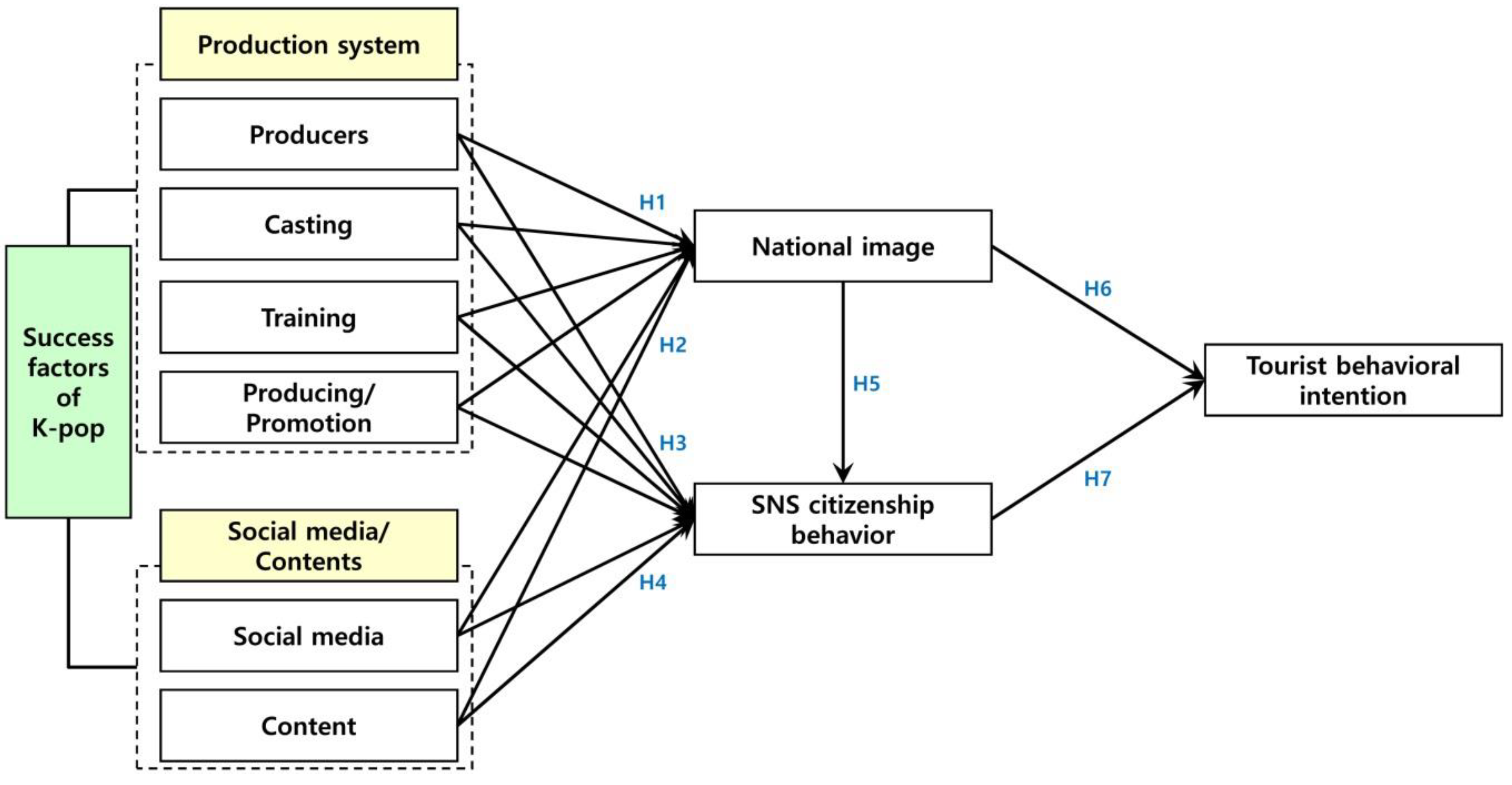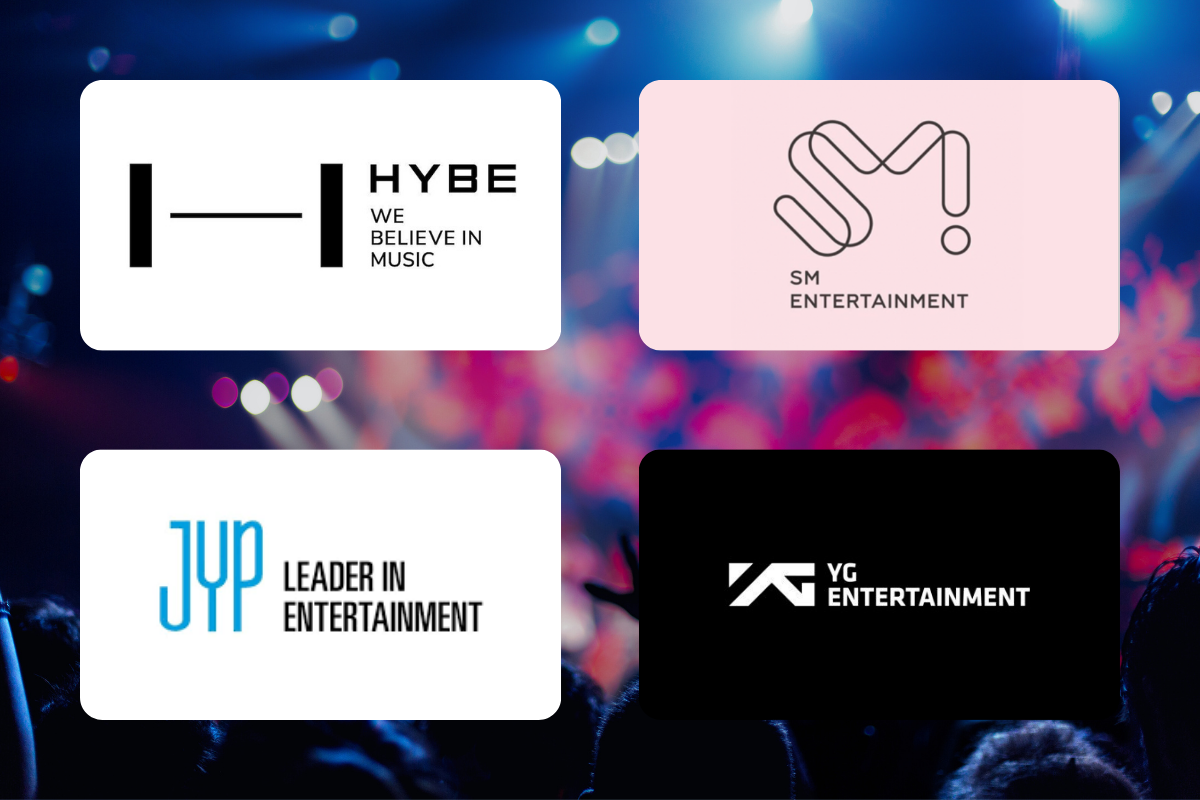Okay, so I’ve been diving deep into the world of K-pop lately, and let me tell you, it’s been a wild ride. I started this whole thing because I was just curious, you know? I wanted to figure out what makes these K-pop entertainment companies tick. What’s their secret sauce?

First, I started looking at the big names, like HYBE, SM, YG, and JYP. These guys are listed on KOSDAQ, which is like the Korean version of NASDAQ, so they’re kind of a big deal. I figured if I wanted to understand the motivations, I needed to see where the money was flowing. Then I started digging up how much money they make, you know? I don’t know why I was so interested in that but I was. That’s when I realized these companies are rolling in dough. It’s crazy! K-pop groups are making it big internationally, and it’s translating into record-breaking revenues for these companies.
Then, I spent a whole afternoon going down a rabbit hole about talent scouting and training. It seems like these companies have it down to a science. They’re not just looking for people who can sing and dance, they’re looking for the whole package. Each member of a group has a specific role – a “vocal,” a “dancer,” a “rapper,” a “visual.” It’s all very strategic.
I also noticed how these companies use social media. They’re all over things, pushing out content, engaging with fans. It makes sense, considering South Korea has some of the fastest internet speeds in the world. They’re really taking advantage of that to spread the K-pop wave.
Fan Platforms and the Business Model
Next, I stumbled upon this whole world of fan platforms. They’re like these digital playgrounds where fans can connect with each other and, in some cases, even with the idols themselves. I started seeing comments about business models, and it hit me – this is a huge part of it. These companies are not just selling music, they’re selling an experience, a connection. It’s about the strong relationship between the K-pop group and the fans.
I joined a few of these fan platforms myself, just to see what the hype was about. And honestly, it’s pretty addictive. You get sucked into this community, and you start feeling like you’re part of something bigger. I was feeling like I was involved in the inner workings of the K-pop scene. It’s a great idea.
Content and Global Appeal
I also spent some time watching Korean dramas. They are known for romance and family dynamics, which is a bit different from the shows we have here. It gave me a better sense of the cultural context that K-pop comes from. And it got me thinking about how that plays into its global appeal.

But that also led me to think, that the music is also just incredibly catchy. I mean, you can’t deny it. The production quality is top-notch, and they blend all these different genres together. It’s like a musical melting pot, and it works.
So, after all this digging, what did I learn? Well, I think these K-pop entertainment companies are motivated by a few things. They want to make money, obviously, who doesn’t? They want to create global superstars, and build these massive fan empires. They’re all about innovation, constantly pushing the boundaries of what’s possible in the entertainment industry. And most importantly, they understand the power of connection, both between the idols and the fans, and between the fans themselves.
It’s been a fascinating journey, and I’m still learning more every day. There are a lot of layers to this whole K-pop phenomenon, but it’s definitely something worth exploring if you’re curious about the music industry, or just looking for some really good tunes.




















